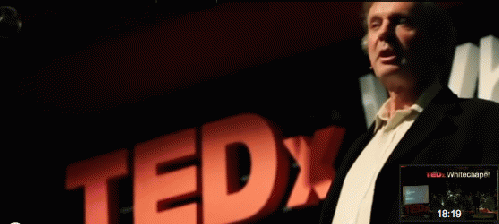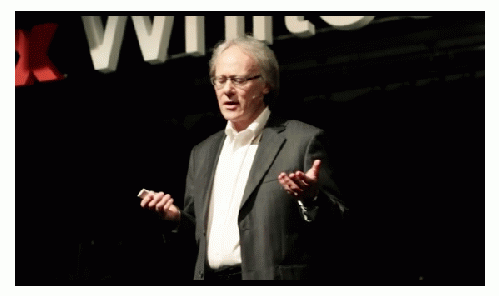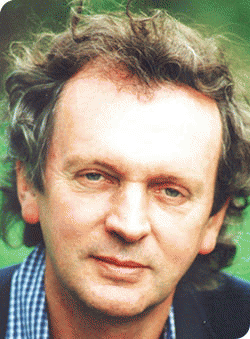On April 2nd, Ph.Ds, MDs, and other degreed and interested supporters of the Set Science Free Campaign, "A Global Alliance of Rational Scientists & Academics," will be participating in a protest rally at the TED Headquarters in NYC.
TED (Technology, Entertainment, Design) is a global set of conferences that have included past presenters such as Bill Clinton, Al Gore, Bill Gates, and a selection of Nobel Prizewinners . Jill Bolte Taylor's stunning talk, Stroke of Insight has gotten over 14 million views.
TED's catchy, well-known slogan is "ideas worth spreading."
April 2nd marks the one-year anniversary of TED's decision to remove Sheldrake as well as Graham Hancock's TEDx talk, on a similar topic.
The Set Science Free Campaign has also organized two petitions on their website, one which can be signed by signatories with a PhD or MD degree, and the other which can be signed by any interested others. The campaign is a grassroots effort organized by concerned citizens who feel that scientific boards should not be anonymous, noting that "Science should be open to challenge and anonymous scientific boards must be exposed as a matter of scientific principle," and "It is our position that even if one disagrees with Sheldrake, he still has a right to be heard. It was disrespectful for TED to remove his talk without giving a valid reason."
The Setsciencefree.org website also notes, "Sheldrake challenged TED's "anonymous scientific board' to a public debate. TED refused, and additionally refuses to name the members of the "scientific board" that called for the removal of his talk. Legitimate scientific boards are not anonymous. Science is based on personal accountability and members of scientific boards and scientific journals must be public."
Sheldrake has been accused of "pseudoscience." However, his professional credentials are sobering. There are far too many to mention here, but the high points include: a double first class honors degree, Cambridge University, where he was awarded the University Botany Prize; he studied philosophy and history of science at Harvard University, as a Frank Knox Fellow; he received a Ph.D. in biochemistry, Cambridge University; as a Fellow of Clare College, Cambridge, he was Director of Studies in biochemistry and cell biology; he is a Rosenheim Research Fellow of the Royal Society, and he has published over 80 papers in scientific journals, including Nature.
The Setsciencefree.org website asks, "How could one with such a pedigree be accused of pseudoscience? Perhaps this is "proof of Clay Shirky's assertion that 'institutions will try to preserve the problem to which they are the solution.'"
Craig Weiler is the author of a 270-page book exploring this deep controversy: Psi Wars: TED, Wikipedia and the Battle for the Internet: The Story of a Wild and Vicious Science Controversy ... that Anyone Can Join!
Dr. Larry Dossey says, I have closely followed Craig Weiler's incisive writings on this subject. Craig gets it right from start to finish -- well, not "finish," because the controversy still rages. He understands the sociocultural and academic issues clearly and has the guts to say so in this excellent book.
Dossey has authored nine books and numerous articles, and is the former Executive Editor of the peer-reviewed journal Alternative Therapies in Health and Medicine, the most widely subscribed-to journal in its field. He has lectured all over the world, including at Harvard, Johns Hopkins, Cornell, the Mayo Clinic and at the Universities of Pennsylvania, California, Washington, Texas, Florida, and Minnesota.
(Note: You can view every article as one long page if you sign up as an Advocate Member, or higher).










